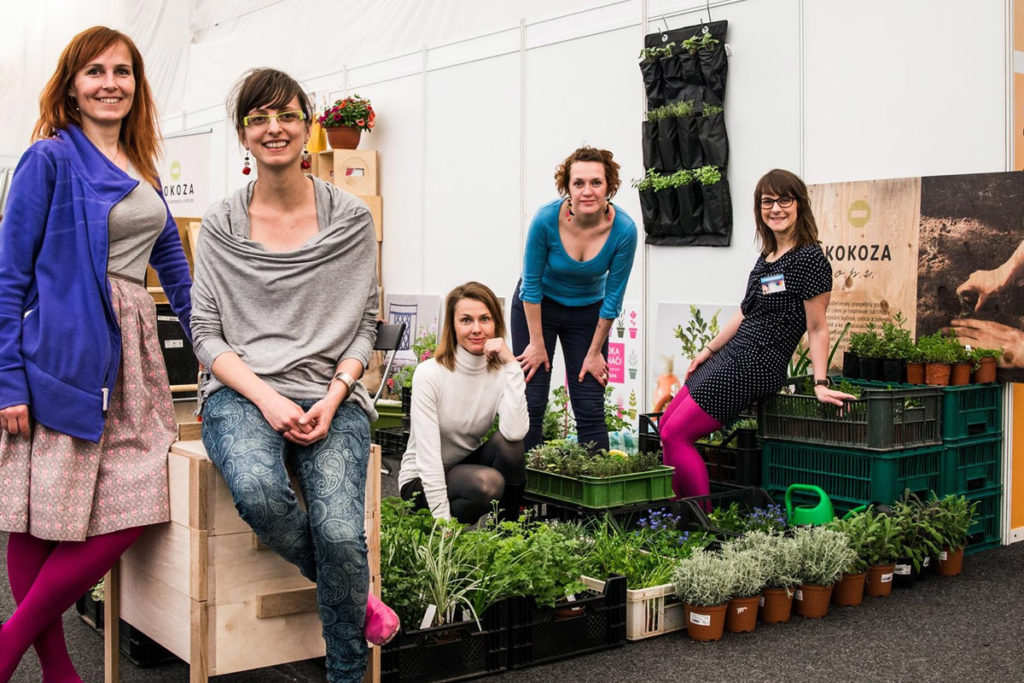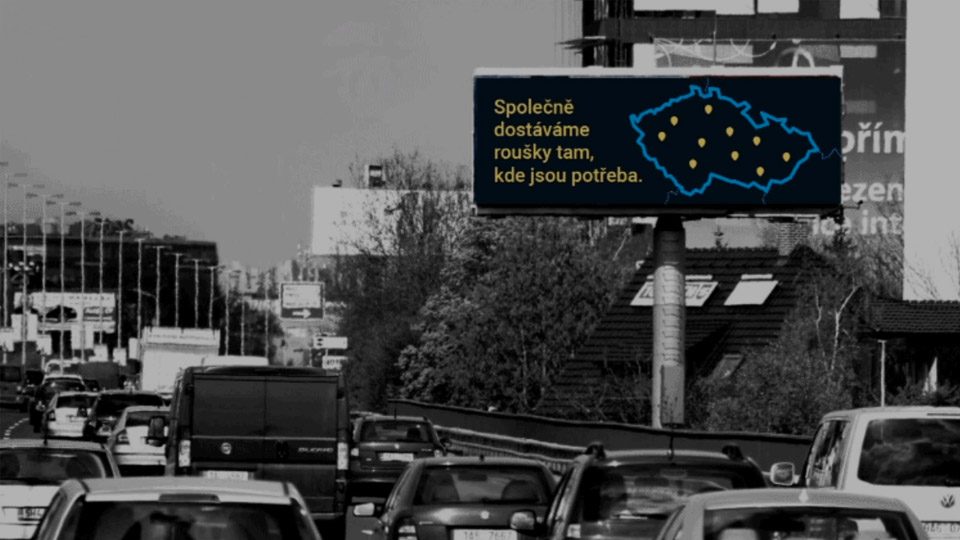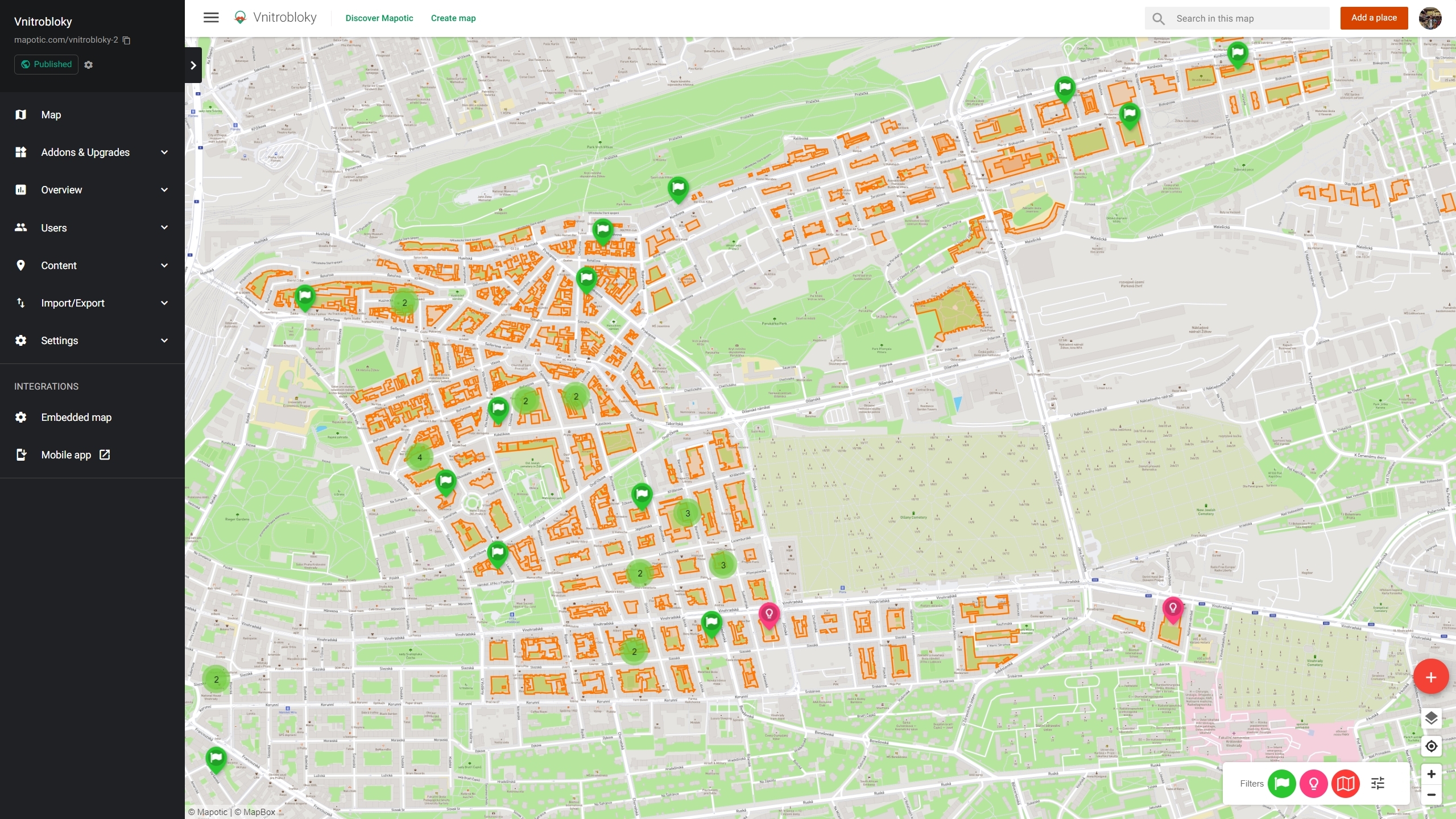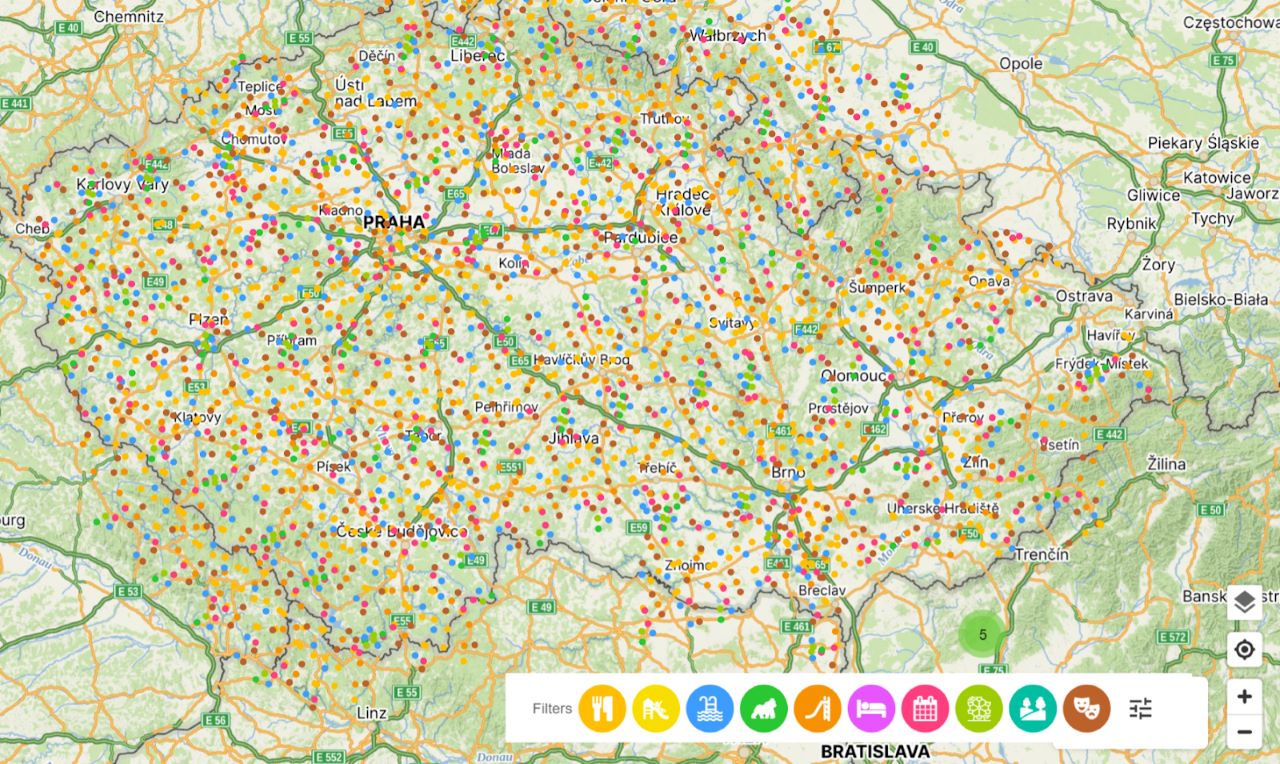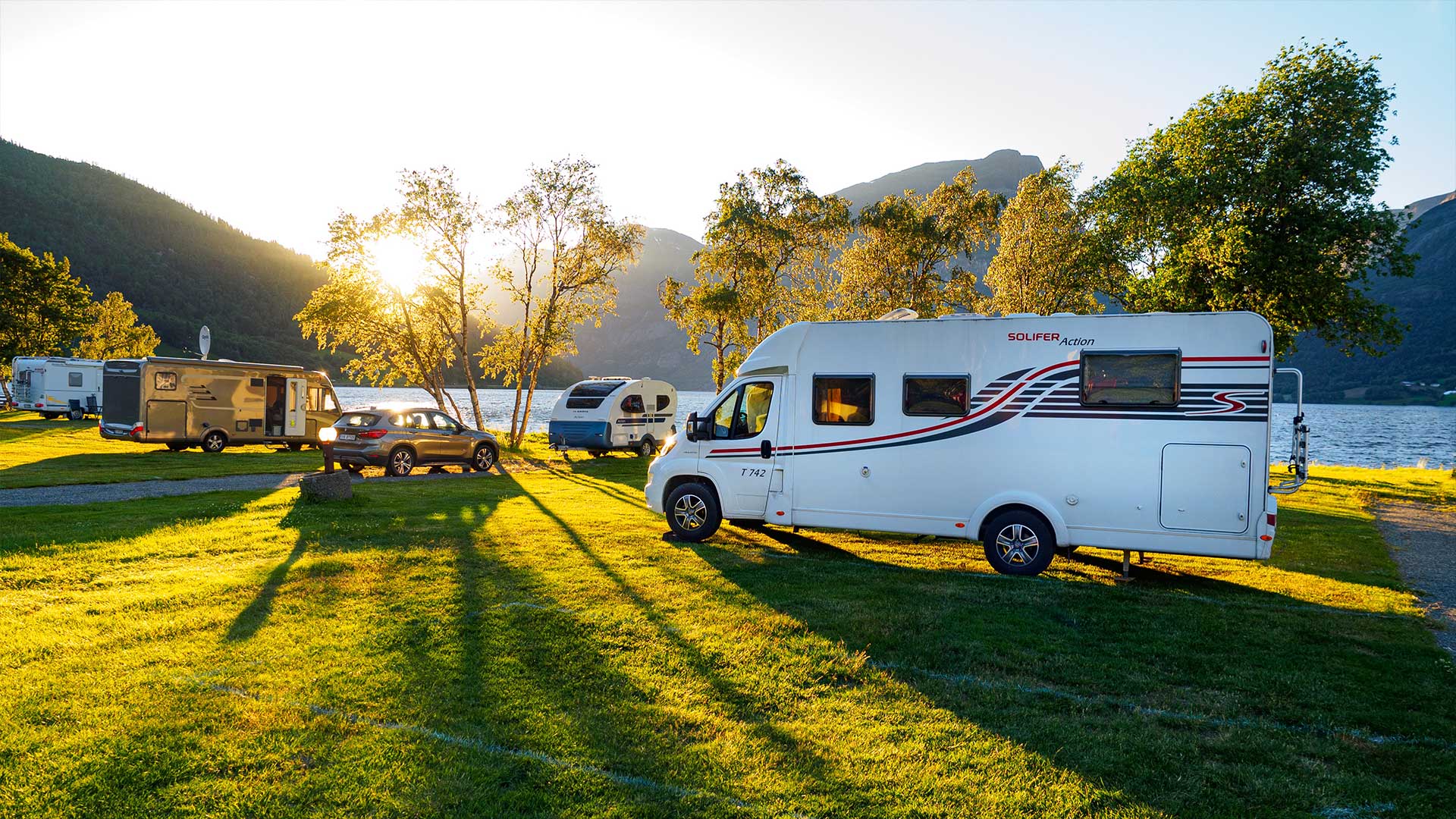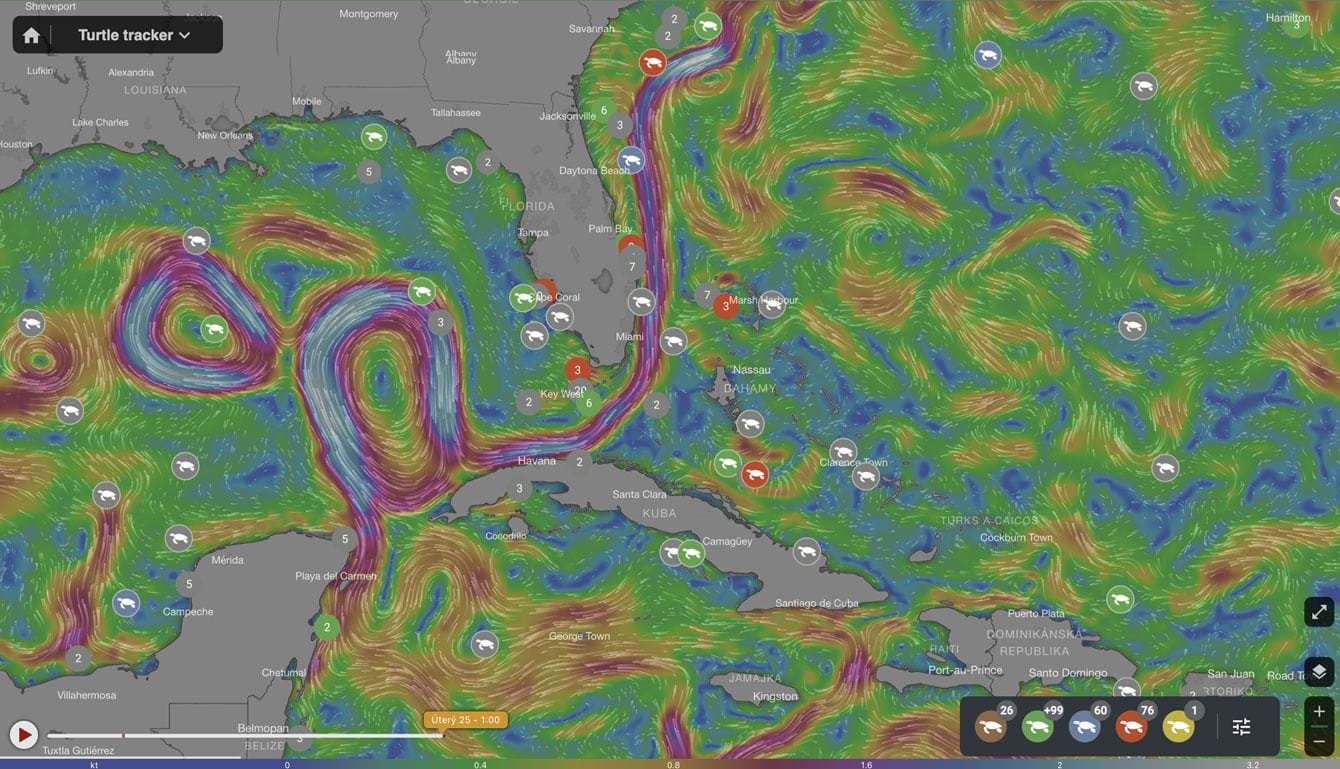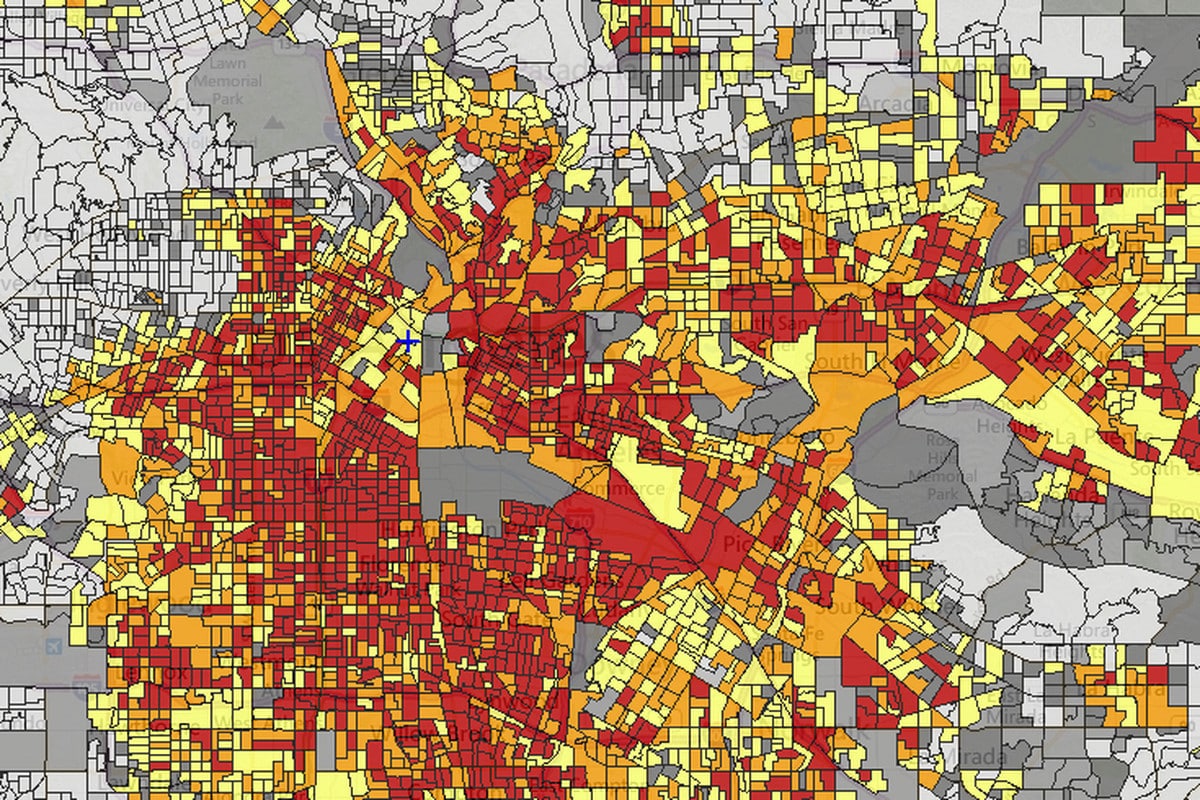Kokoza’s main goal is to support communities – not only in the online world, but the physical world, too.
Jakub Reichl, Kokoza
For Kokoza, an organisation focused on expanding the number of green spaces in the Czech Republic, it’s not only about growing beautiful gardens and organic waste composting, but community and real human connections. Jakub Reichl, community leader, says the organization’s major goal is about more than just increasing the number of places that people can use for growing their own vegetables, and mapping where biowaste can be used as compost – it’s about helping people meet and connect face-to-face and in building communities focused on a sustainable future. That’s where Mapotic is stepping in to help – assisting Kokoza to build, grow and map thriving eco-focused communities around the Czech Republic through the sharing of tools, knowledge and even earthworms!
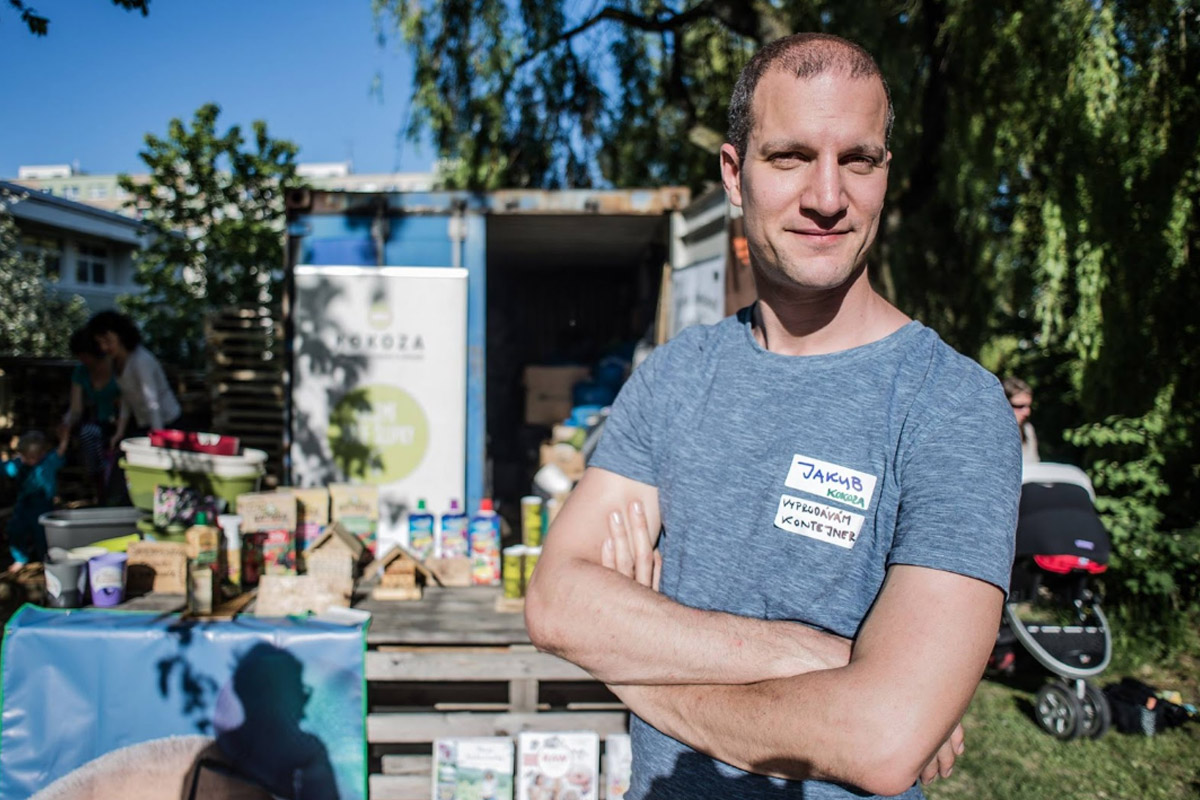
At Kokoza Jakub Reichl takes care of processes
Starting with small yet sustainable changes
Kokoza believes in a sustainable future. And to get there, the organization puts real human connections at centre stage – with the help of Mapotic platform.
Aiming to not only increase the number of green spaces in cities, but also to promote a more sustainable way of life, Jakub and his community started their journey by leveraging the digital world to map green urban spaces. This took shape through people with similar values, exchanging knowledge and providing others with tools to start composting organic waste and building sustainable habits.
Soon, their efforts began to change the immediate world around – in a host of new ways. As a result, the organization became more community-focused, looking to harness people’s talents and energy, and connect other local communities.
‘Right now,’ notes Jakub, ‘we are putting together a host of different communities. Some focus on compost, while others are focused on street gardening, or community gardens where local food is grown. Overall, our guiding principles are sustainability, ecology and connecting communities.’
Kokoza also puts great emphasis on the ethos of exchange: both in terms of the raw materials needed to grow green spaces, including tools, compost and earthworms, but also the information and insight people need to see these spaces flourish.

Community garden Vidímova is one of the places where people can meet face to face
Challenge
Kokoza takes the modern trend of urban isolation seriously – and wants to tackle it, head on. ‘In cities,’ Jakub continues, ‘rather than just staying in your apartment, we believe people need to meet face to face – in community gardens, for example. We need to connect with others more than just online – it’s about meeting in person.’
More than this, Kokoza team sees the value in interconnection – in creating a singular digital hub that meets the goals of both sustainability and socialisation.
‘There are lots of mapping projects in the sustainability and environmental space – many of which are successful. However, they are all scattered – the challenge is bringing them all into one place and connecting them.’
Solution
Quite naturally, the challenge at hand pivots on the places that people and sustainable communities should and would want to be aware of, therefore an online map seemed like an intuitive solution. And even though digital is a key tool, for Jakub and his community, it was important that it wouldn’t trump the physical – and with Mapotic, it doesn’t have to. ‘When it comes to digital versus physical coexistence between people, there is lots of digital coexistence right now,’ Jakub says. ‘People should focus more on the physical. Rather than Twitter, Facebook and Whatsapp, people should meet in person. That is what we’re trying to achieve with our map project on Mapotic – help bring people with similar interests together in the physical realm.’ Kokoza is utilizing this digital mapping platform to allow eco enthusiasts meet and learn more about where the green spaces in their city are. Facilitating these real connections, Mapotic helps make a real difference on the ground.
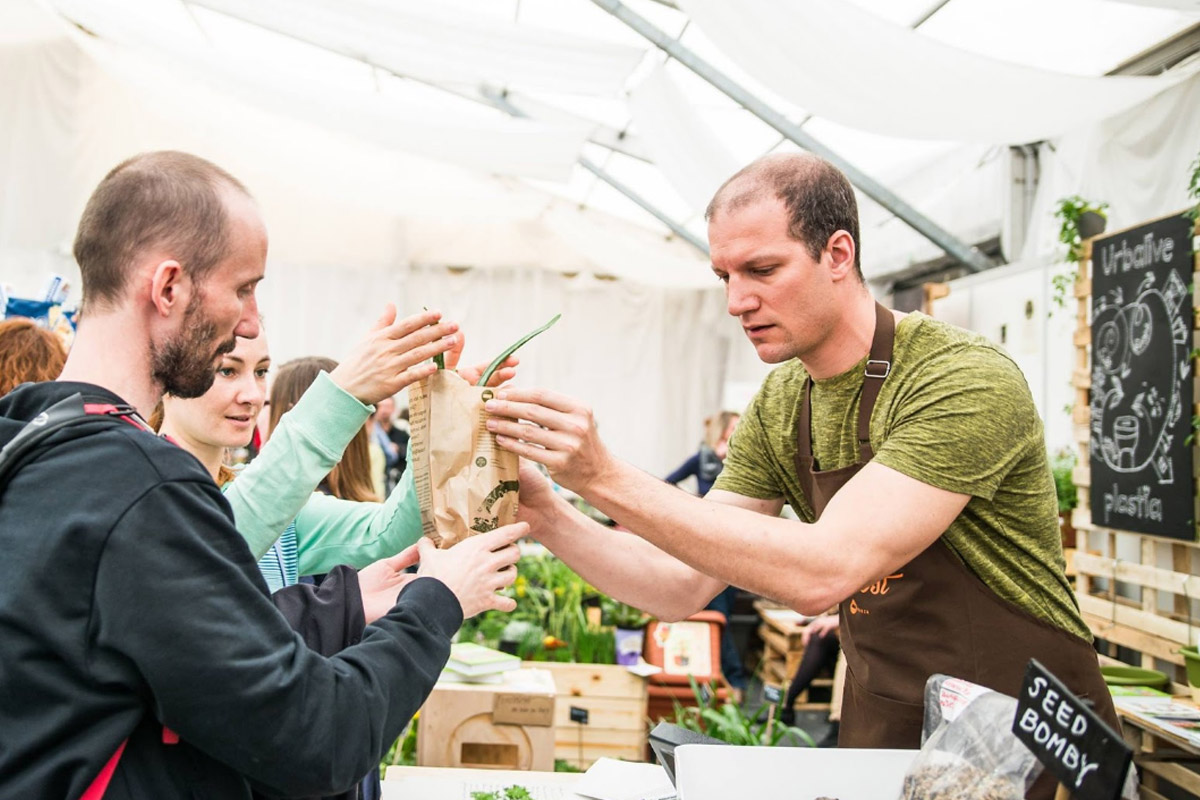
Kokoza makes sharing experiences and exchanging products possible. People like it, therefore, communities around Kokoza live and keep growing.
Results and benefits
For Kokoza, there is real satisfaction in seeing how the community member base is growing, when the organization gets positive media coverage, but most of all when its leaders meet with people in the community gardens and hear about the positive impact these green spaces bring to the local communities.
The main activity on Mapotic currently is people exchange earthworms for their home worm-composters Urbalive, which was co-created between Kokoza and Czech designer Jiří Pelcl. This sustainability-driven product was awarded a Red Dot for design in 2017 and its importance in sustainability goes well beyond awards: community is full of interesting exchange stories. People barter earthworms for other goods such as olive oil, chocolate or a home-painted mugs. Kokoza has even been witness to some connections that started with an exchange and evolved into lasting relationships!
Mapotic platform provides Kokoza with an important feedback venue to hear back from the community and uncover where there might be gaps in facilitating the sustainable lifestyle. Kokoza team is empowered to work with this genuine feedback and develop ideas to support its community. For example, a recent idea aiming to satisfy the ever-growing demand for earthworms has evolved to putting large worm-composting farms in community gardens. The concept would also support the sales of necessary equipment, such as Urbalive worm-composters or raised beds used to grow vegetables in community gardens through Kokoza’s eshop.
Mapko.cz project is a great theme for Kokoza to advance the sustainable lifestyle and empower its community members to do more with less – repurpose, reuse, and care for the world around.
Where to from here? In taking its next steps, Mapotic is set to play a key role in helping Kokoza community get positive feedback from members and visitors, share their success and get motivated to do more.
| Community | Kokoza |
| Mission | Creating a greener, more sustainable future for the Czech Republic. |
| Size | 1000+ active users |
| Spaces | www.mapko.cz |
